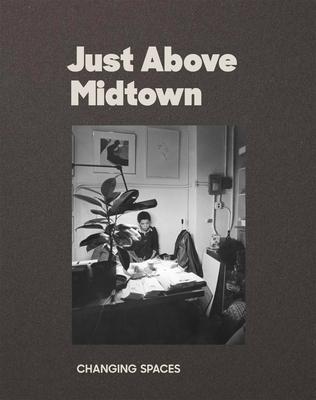An archival dive with fresh interpretations of the legendary New York gallery and cultural laboratory that catalyzed collaboration among Black artists and their counterparts of diverse backgrounds
Just Above Midtown, or JAM, was an art gallery and self-described laboratory for experimentation led by Linda Goode Bryant that foregrounded African American artists and artists of color. Open from 1974 to 1986, it was a place where an expansive idea of contemporary art flourished and debate was cultivated. The gallery offered early opportunities for artists recognized as pivotal figures in late-20th-century art--including David Hammons, Butch Morris, Senga Nengudi, Lorraine O'Grady and Howardena Pindell--as well as a nonhierarchical approach to art that welcomed artists without stylistic proscription.
Published in conjunction with the first museum exhibition to focus on this visionary gallery and its ongoing impact, Just Above Midtown: Changing Spaces showcases rarely seen material from JAM's history--artworks, ephemera and photographs--that collectively document the gallery's communal and programmatic activities. This richly illustrated, jacketed paperback catalog includes essays that contextualize JAM and consider its legacy, a conversation between Goode Bryant and Thelma Golden, Director and Chief Curator of the Studio Museum in Harlem, a complete exhibition chronology written by MoMA and Studio Museum staff with nearly 50 annotated entries, and excerpts from oral histories with JAM staff and artists conducted especially for this project.
"I walked in and I was like, Yes! And I remember thinking, 'I don't care if I never show there, I'm so glad to know it exists.' It was like it gave my brain another dimension. I had something to look to." -Janet Olivia Henry, JAM volunteer and artist
"JAM has always been like a snowball on a hill, always gaining momentum. I'm still connected with all the things that happened there. Just Above Midtown--as much as it is a physical entity, it's also a spiritual entity. It has never not been a part of my thinking as an artist, or a part of my life as an artist, or a part of my momentum as an artist." -Randy Williams, artist and educator
